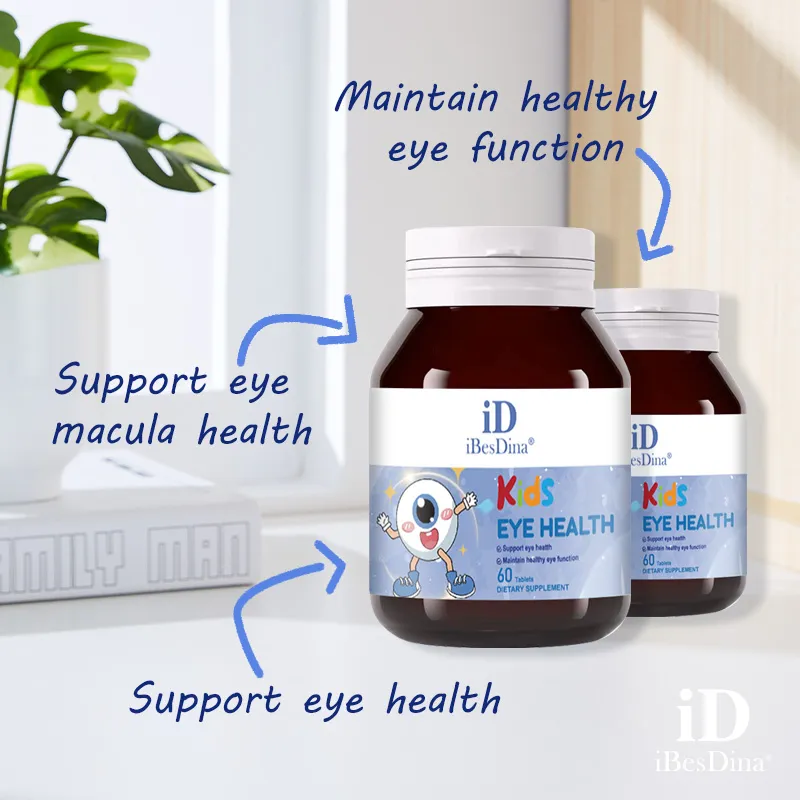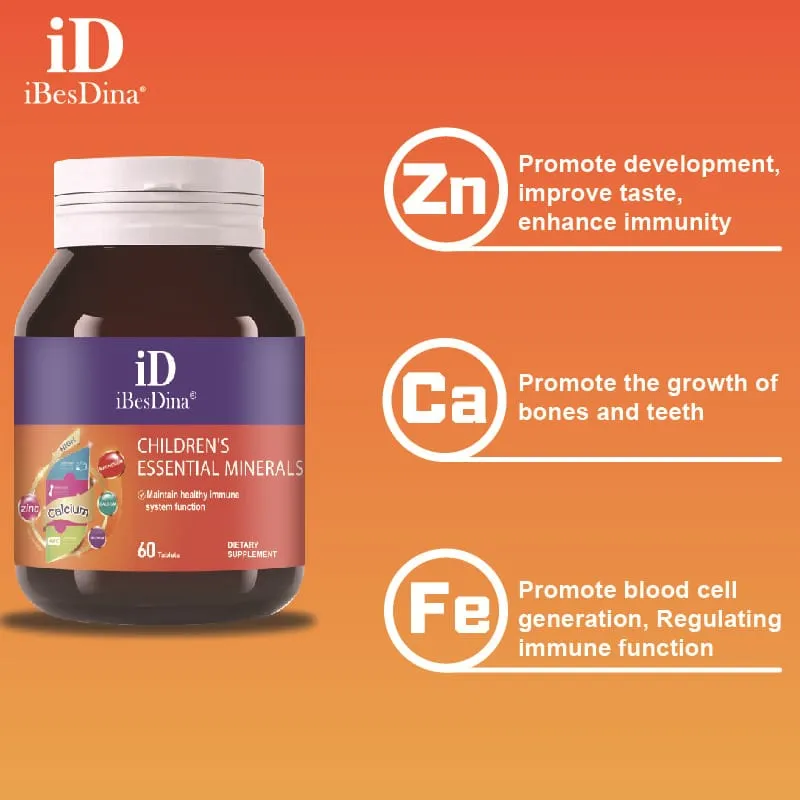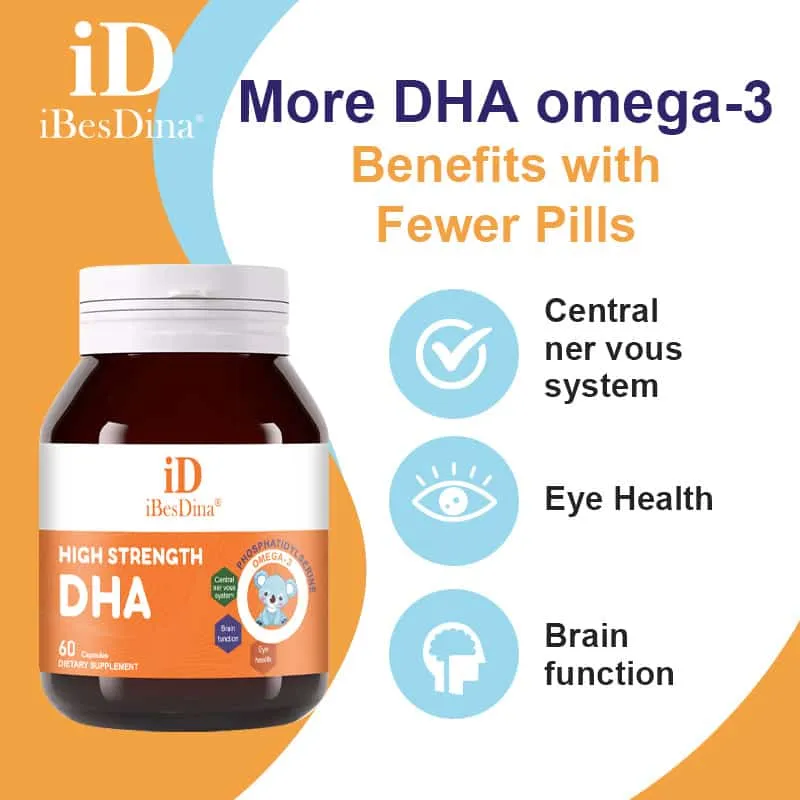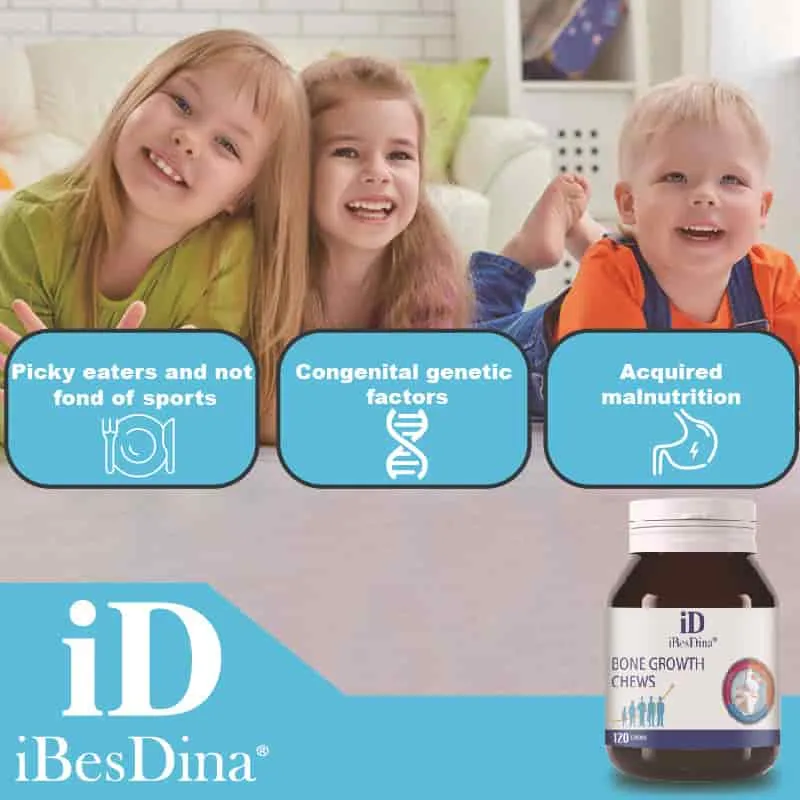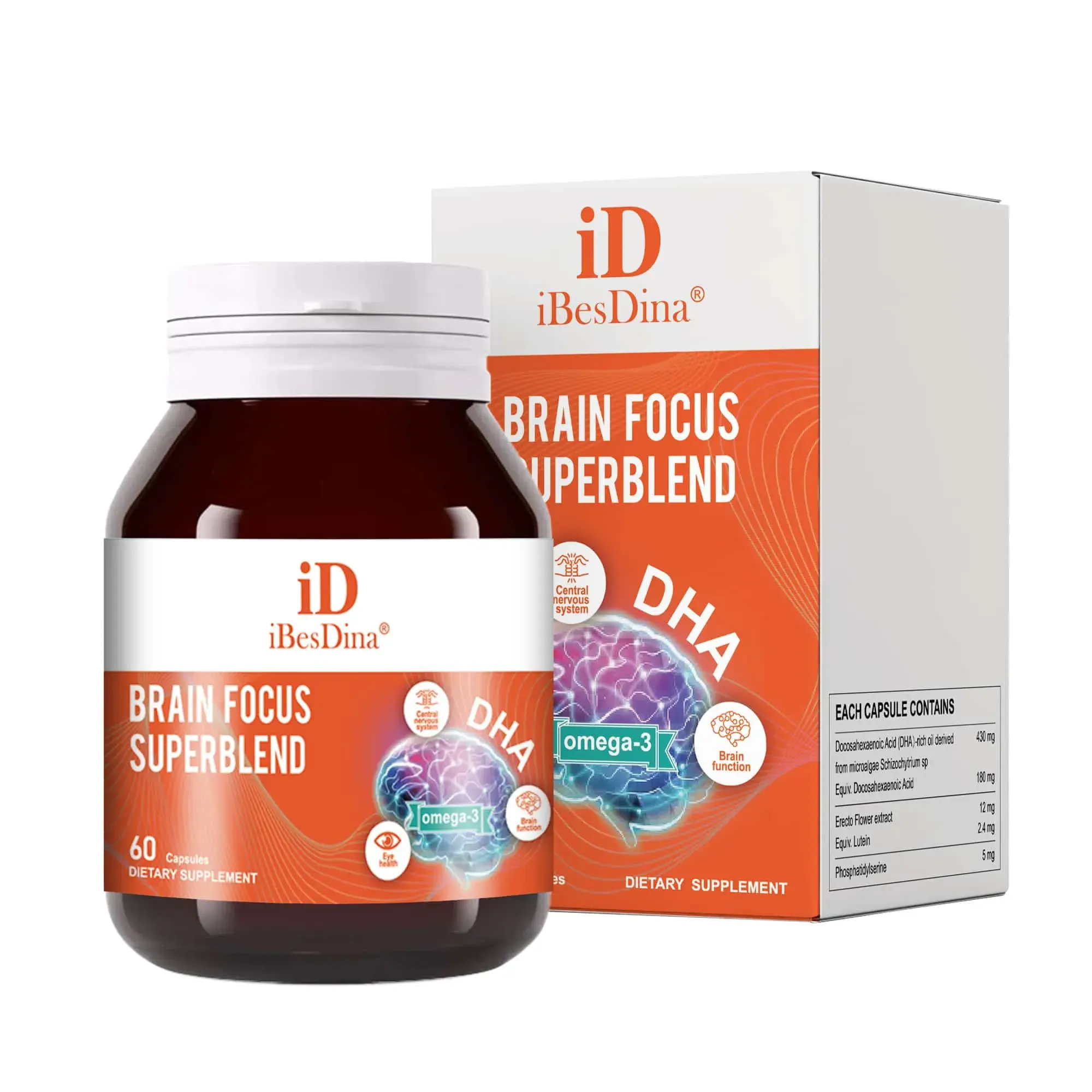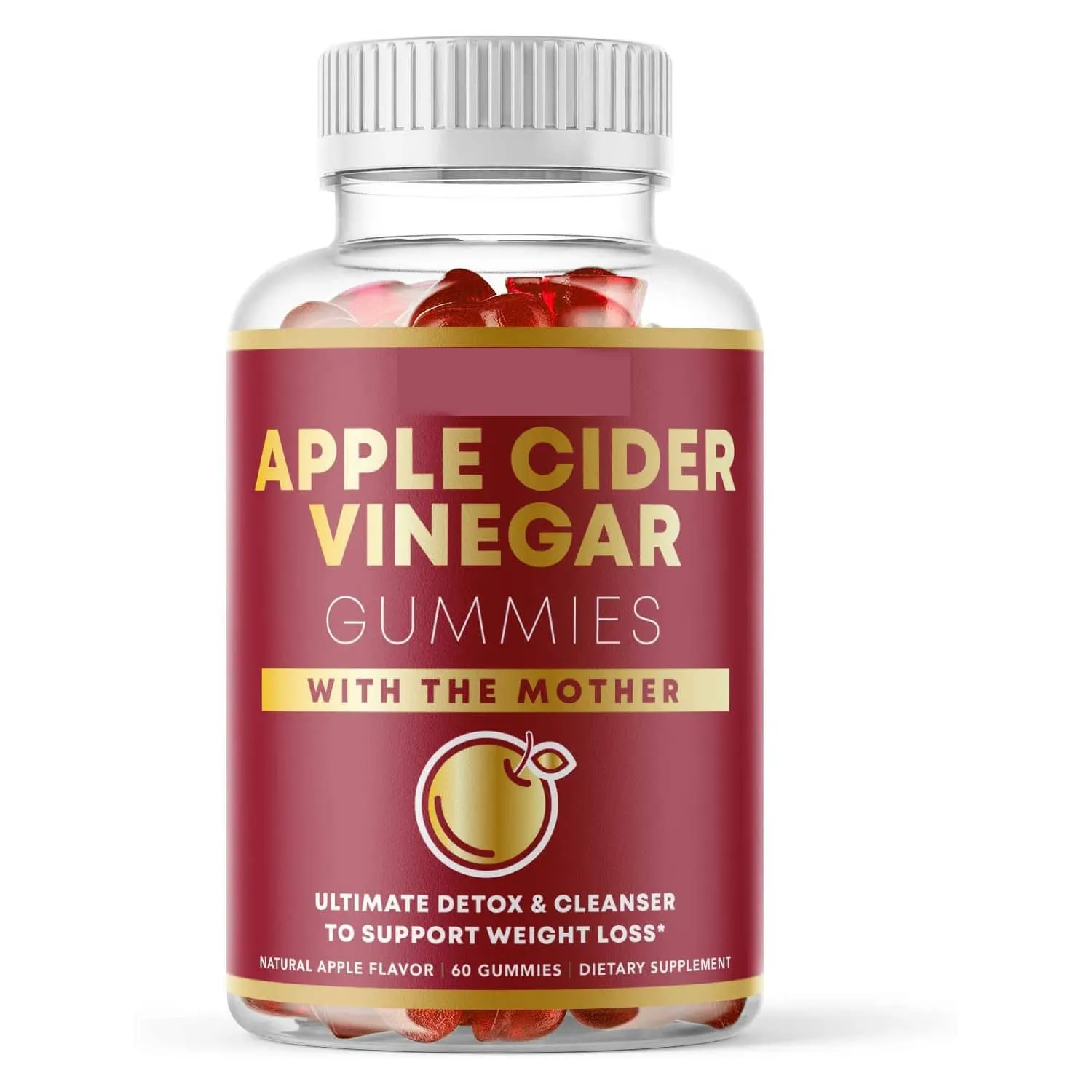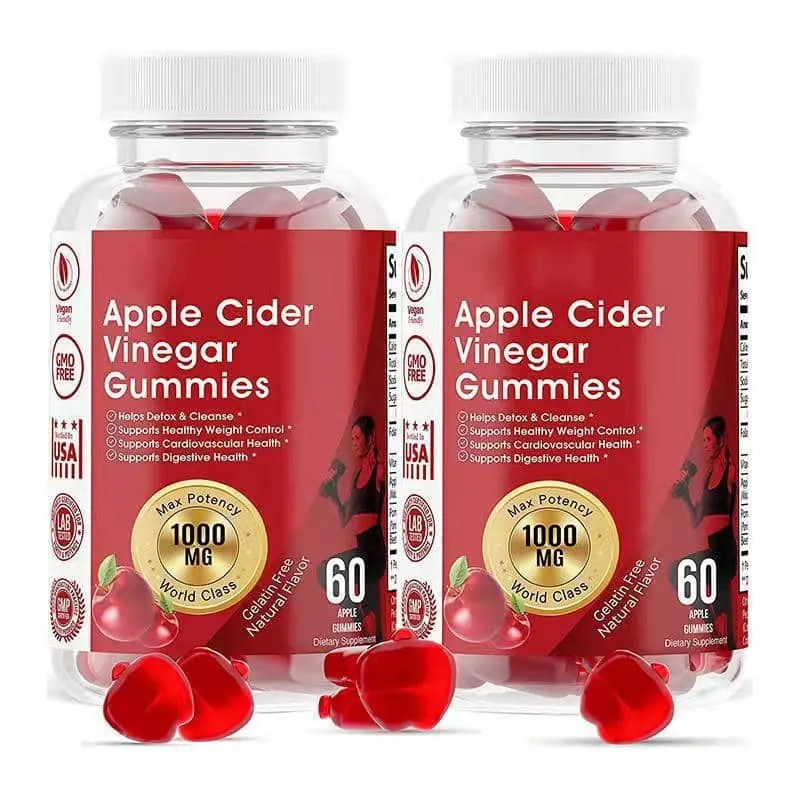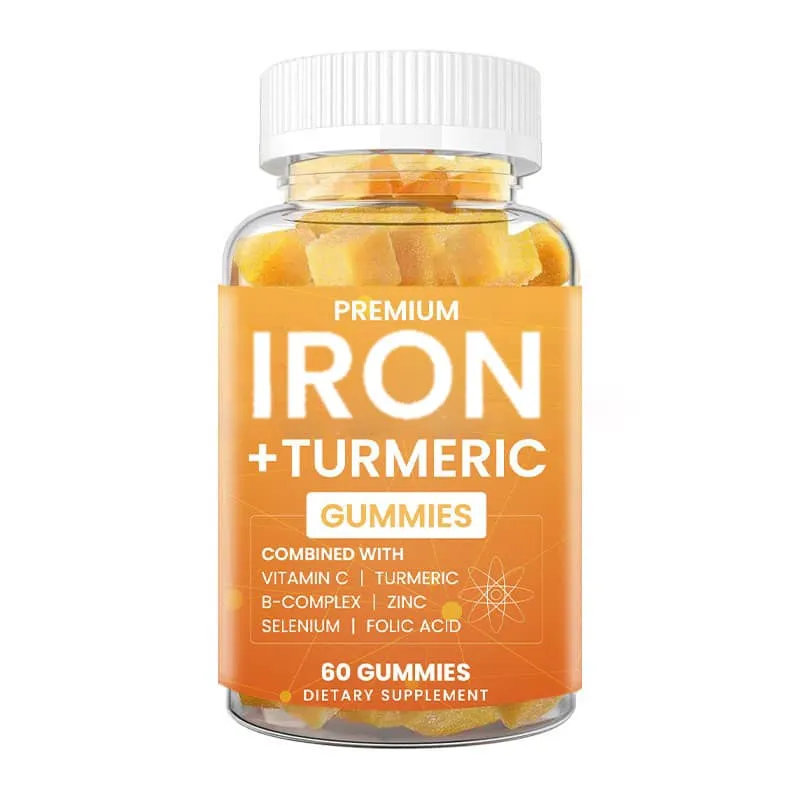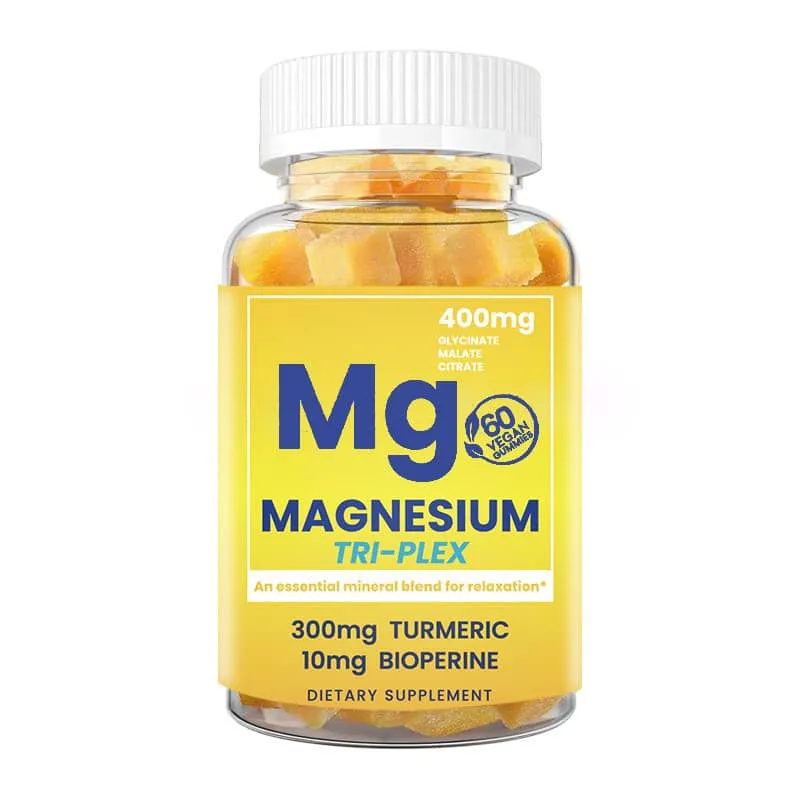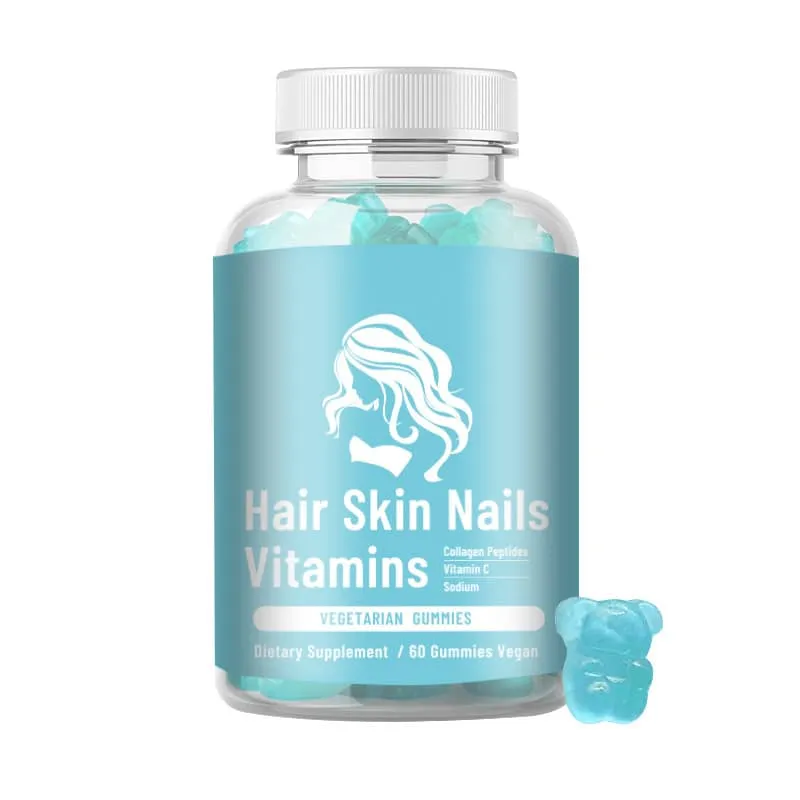Balanced diet for children is of great concern today in society, but due to picky eating, special dietary requirements or busy lifestyles, children tend to not consume the correct amounts of nutrients in their daily meals. Children’s nutritional supplements have thus become the choice of many parents, but among all those many options available, parents would then ask themselves, how would one choose sensibly? This guide will take you through the most crucial ingredients of children’s nutritional supplements, how to select them, and how to use them safely.
Do Kids Need Nutritional Supplements?
Whether or not children need nutritional supplements depends on whether or not the food eaten every day is adequate to meet the demands of growth and development. Unless the child eats a well-balanced diet including loads of fruits, vegetables, whole grains, proteins, and milk products, then no supplement is required. However, under the following situations, supplemental nutrition may be needed
- Special dietary requirements: i.e. vegetarian, lactose intolerance, allergy, etc. Extra supplementation with some nutrients will be needed.
- Growth spurts: Children need proper vitamins and minerals to develop bones, teeth, and brains, and there are certain age groups that need extra nutrition.
- Immunocompromised: Sicker or weaker children may need extra nutrition.
If the parents are unsure whether their child needs supplements, consulting a pediatrician or dietician is a good idea in order to evaluate the situation so that safe and reasonable supplementation can be provided.
Key Childhood Nutrients and Their Roles
If your child does need nutritional supplements, some popular key nutrients and their benefits are:
- Vitamin D – The Key to Bone Health
Function: Assists in the absorption of calcium, keeps bones and teeth healthy, and protects against rickets.
Sources: Sunlight, milk foods, fish.
Applicable: If your child is less active outside or there is a low level of milk foods in the diet, consider supplementing with vitamin D. - Calcium – Strong bones and teeth
Function: Children’s bones develop extremely rapidly and calcium is required for bone development.
Sources: Milk, yogurt, cheese (dairy foods), tofu, green leafy vegetables.
Appropriate: If children don’t consume milk or consume low amounts of dairy, they can take appropriate supplements. - Vitamin A – Protects vision and immunity
Effects: Promotes vision development, strengthens immunity and supports skin health.
Sources: Carrots, pumpkin, egg yolks, dairy products.
Applicable: Consider supplementing if your child’s diet is lacking in foods rich in vitamin A. - Vitamin C – Boosts immunity
Effects: Helps the body with infection and absorb iron.
Sources: Citrus fruits, strawberries, tomatoes, red peppers.
Useful: If your child is always ill or misses out on fresh fruits and vegetables, you may supplement moderately. - Iron – Prevents anemia and helps in brain development
Function: Iron is part of hemoglobin, which transports oxygen and affects the energy level and mental development of your child.
Sources: Red meat, eggs, beans, fortified cereals.
Suitable for: Vegetarian children or those who become easily fatigued might require iron supplements. - Omega-3 Fatty Acids – Important Nutrition for Brain Development
Effects: Supports brain and vision development, helps improve concentration and memory.
Sources: Deep-sea fish (salmon, cod), nuts, flaxseed.
Application: If your child does not like fish, you can choose DHA supplements.
How to Choose Safe and Effective Nutritional Supplements For Children?
Faced with a wide range of children’s nutritional supplement offerings, how can mothers and fathers choose the right one? Here are a few key criteria:
Choose the right dosage form for children
Common dosage forms of children’s supplements include:
- Chewable tablets/gummies – better flavor and for children who refuse to take pills.
- Liquid or powder – ideal for infants or people who cannot swallow.
- Capsules/tablets – appropriate for older children and is typically more accurate.
It is worth mentioning that gummy vitamins can have large amounts of sugar and you are advised to pick a low-sugar or sugar-free option.
Insist on adherence to safety standards
Parents must choose products that are GMP certified or certified by organizations such as the FDA and NSF to ensure effectiveness and safety.
Avoid excessive intake
Nutrient needs for children are lower than for adults and therefore, it is not advisable to overdose on supplements, especially fat-soluble vitamins (i.e. A, D, E, K), since these can lead to toxicity on chronic overdose.
Take heed of ingredients and formulations
Try to choose supplements that are artificial color, flavor and preservative-free to reduce health hazards.
Come Health: Professional Customized Nutritional Supplement Manufacturer
If you are looking for quality children’s nutritional supplements or wish to launch your own branded nutritional products, Come Health is the ideal partner for you.
Why Choose Come Health?
- Customized Formulation: personalized nutritional solutions based on children’s developmental needs.
- Own Brand Solution: Enable brand creation in each stage, from formula development and design to packaging and production.
- Strict Quality Control: All products are manufactured according to international standards of safety and efficacy.
- Range of Dosage Forms: Liquid, soft candy and chewable tablet are made available to serve different children’s needs.
Immunoenhancement, bone strength, or brain growth may be the issue at hand. Come Health can provide your business with science-formulated, reliable children’s nutritional supplements to establish your business as a market leader in the health market.
Get in touch with us now to learn more about the customized services that make children’s health an area of competency for your brand!

